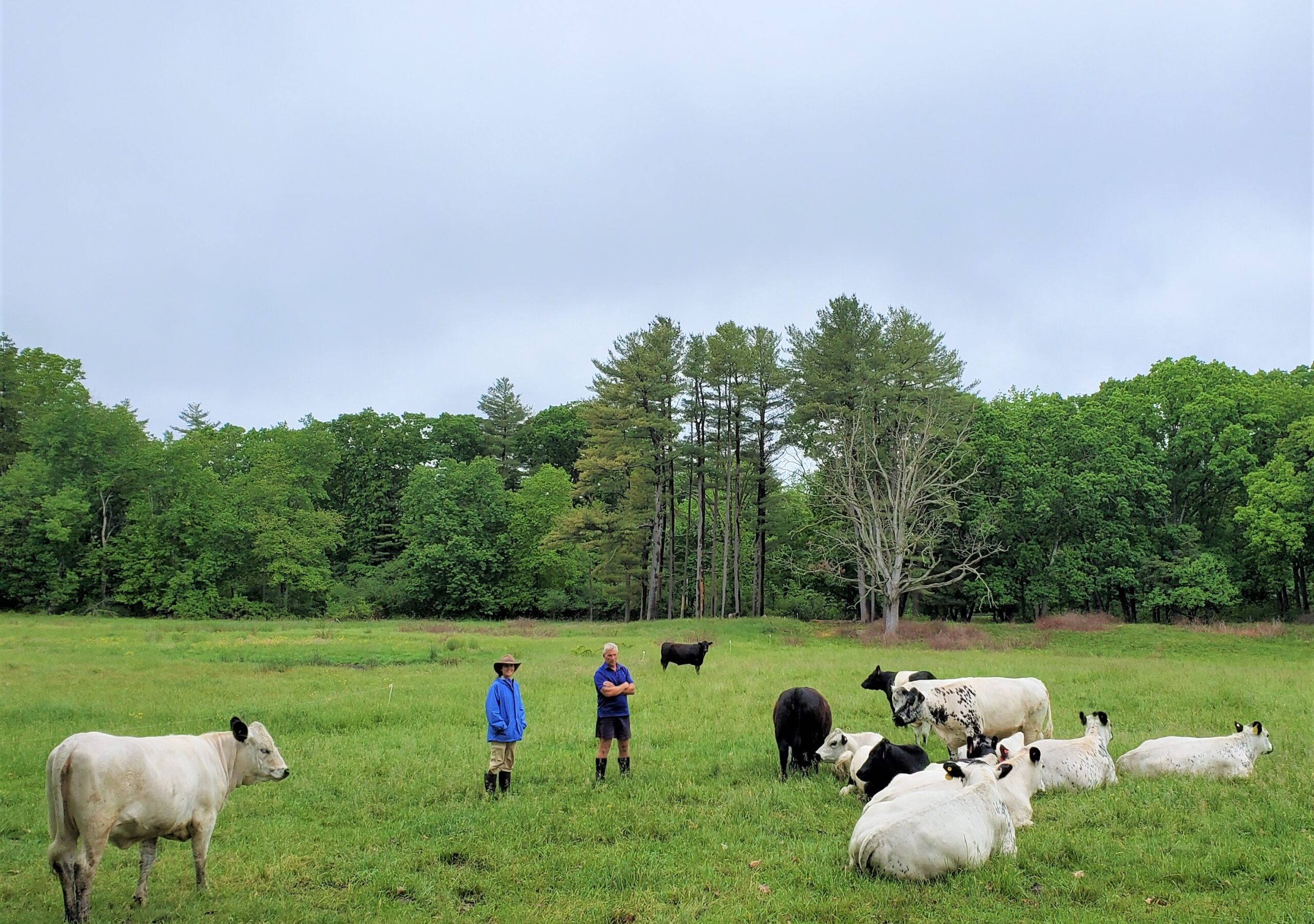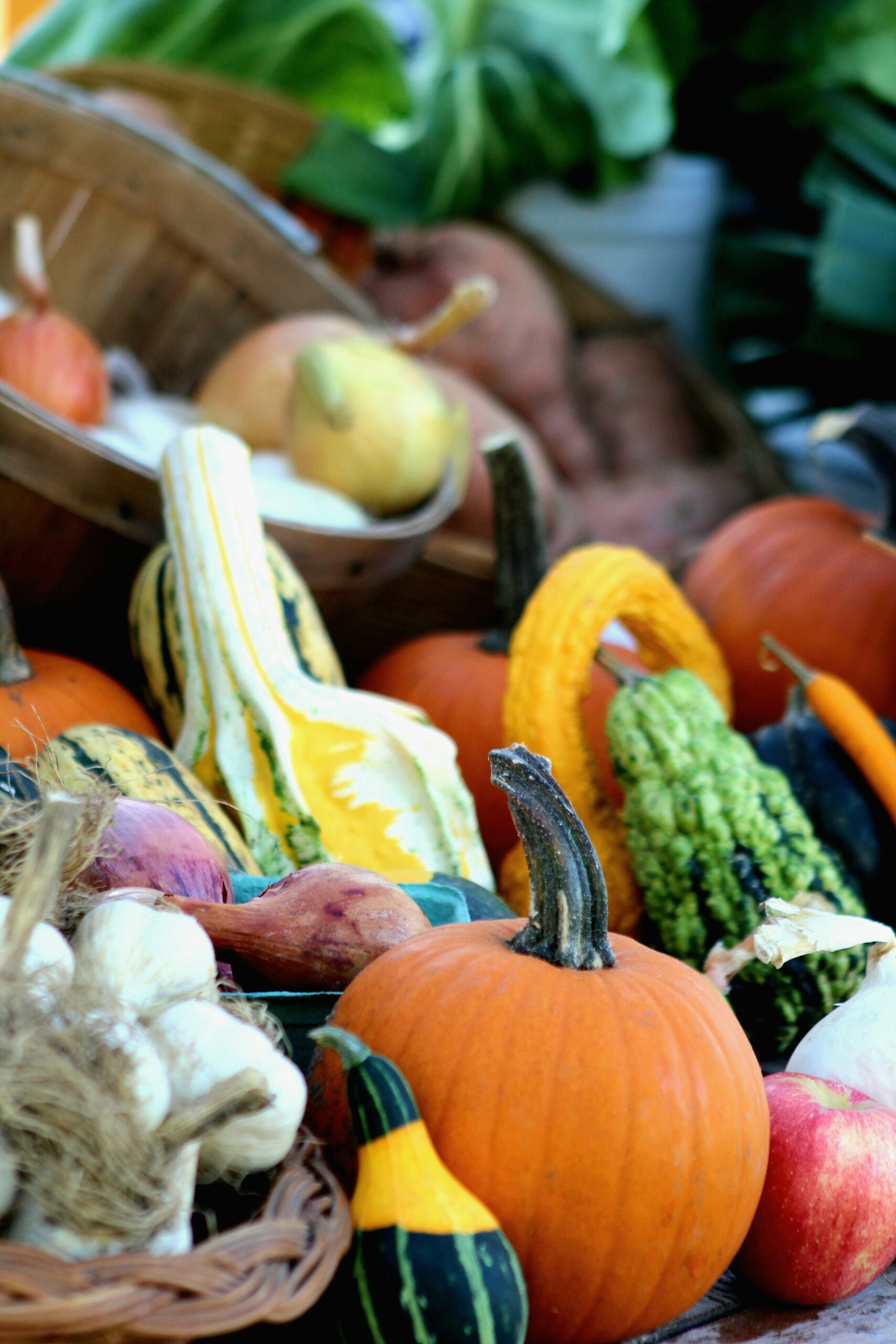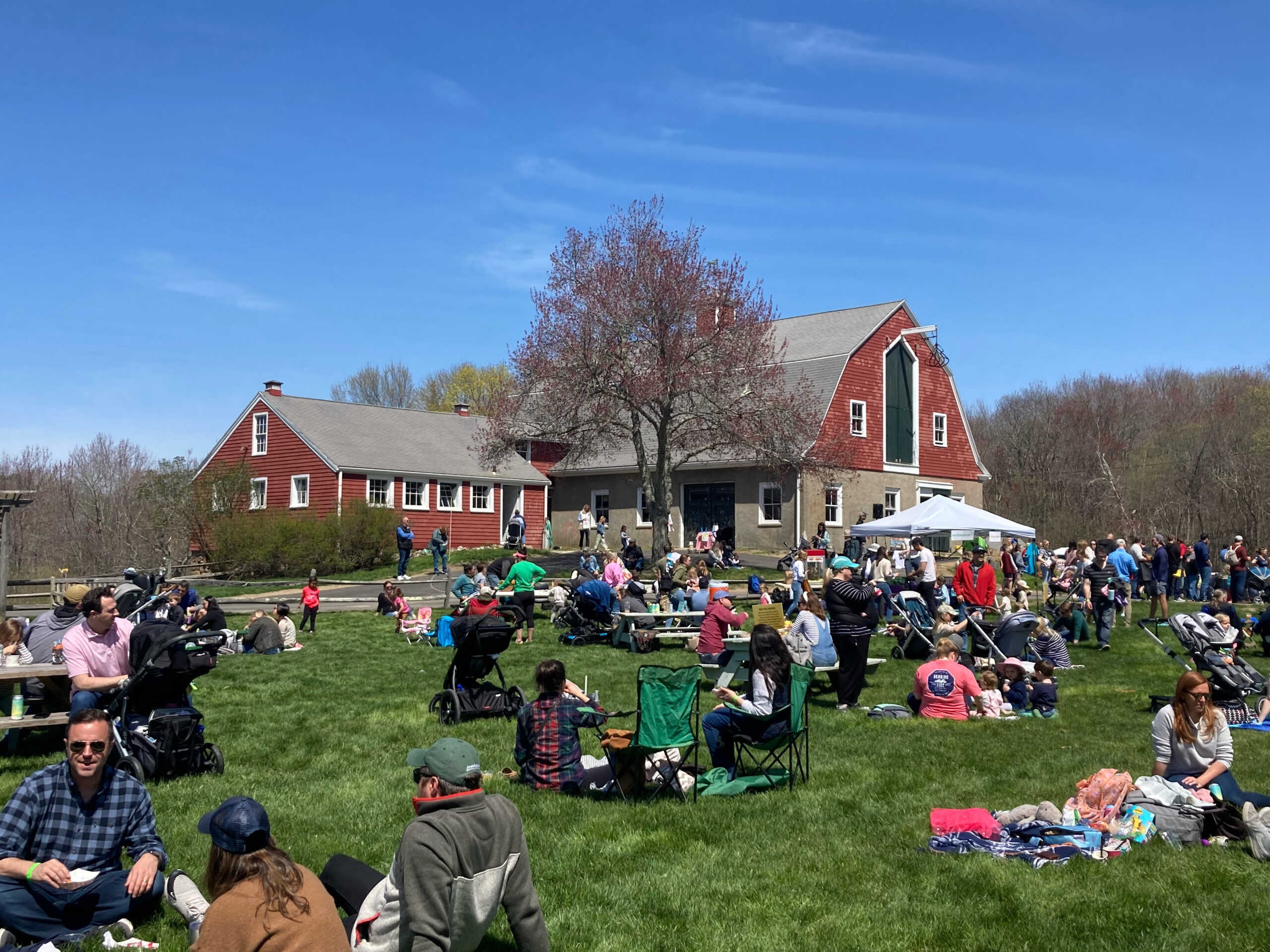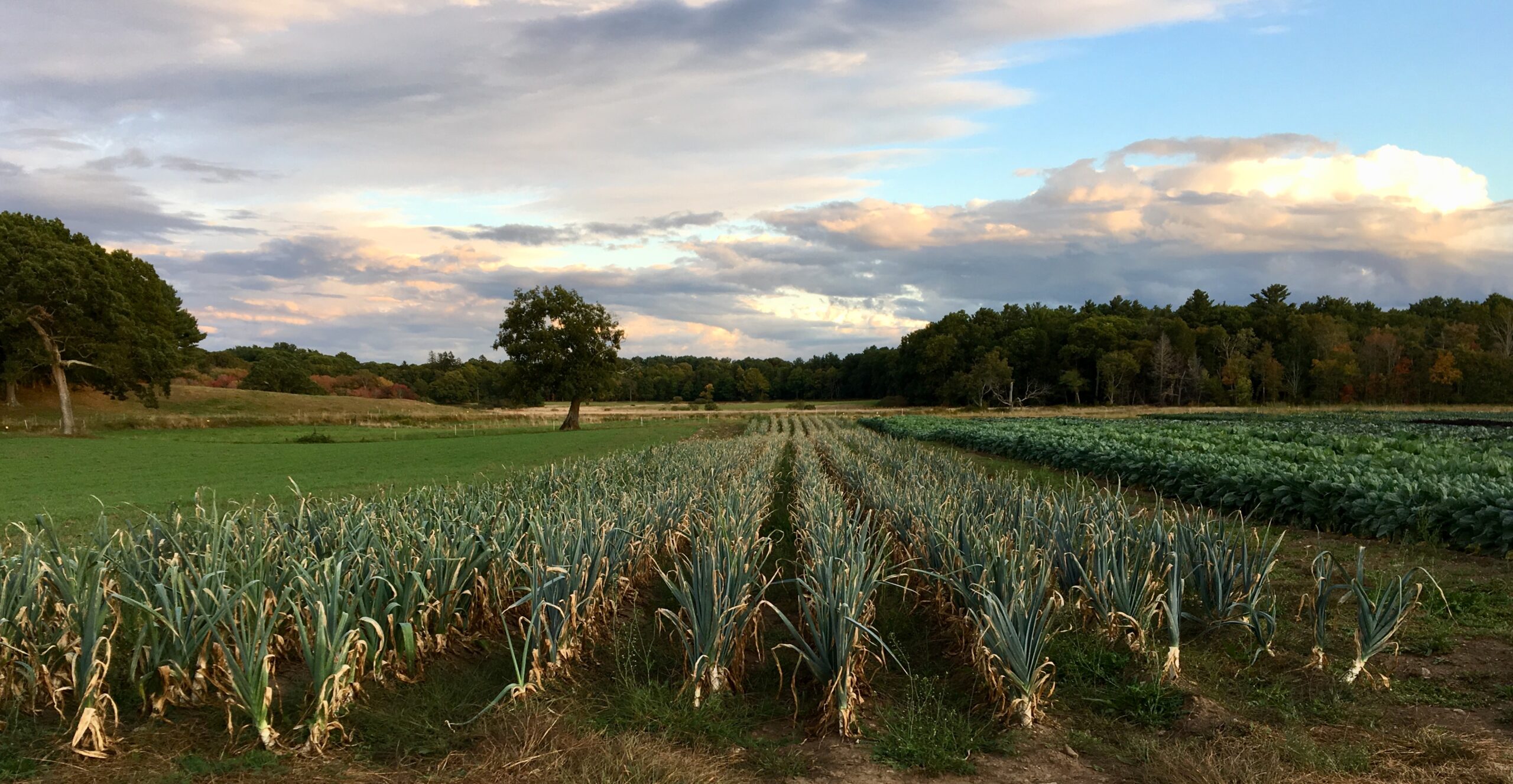Sean is no longer part of the Trustees farming team. Join the Farms and Food Facebook group or sign up for News to stay up-to-date with everything happening across all our farms.
Pasture and Livestock Manager
Sean O'Sullivan

How did you get into livestock work?
I was born and raised in Christchurch, the largest city in the South Island of New Zealand, and we would occasionally vacation on our cousin’s farms. From a young age, I was interested in the farming lifestyle and left high school to pursue a career in farming, dairy, beef, sheep, and deer.
Was that your educational background? If not, what is your educational background?
All my education has come from on-farm practical experience over 35+ years. Throughout my career, I have been very fortunate to work with, and be mentored by, the world’s most renowned geneticists and reproductive specialists. I have been lucky to travel the world managing, researching, and developing breeding programs to improve growth rates, reproductive performance, product quality, and animal welfare.
What were you doing just prior to joining the trustees?
I was the Director of Agriculture for a large non-profit regenerative farming company based in Ohio.
Do have a specific area of expertise?
Genetic and reproductive performance are my passion. I have considerable experience developing grass-based performance programs to improve animal growth rates and fertility. Knowing the animals and raising them to ensure their health and welfare are foremost in my farming principles.
When it comes to this type of work, what are you most passionate about or interested in?
I am extremely passionate about the role that regenerative agriculture plays in the sustainability of our ecosystems, environment, and the health of future generations. Regenerative agriculture leads to healthy soil, capable of producing high quality, nutrient dense food while simultaneously improving, rather than degrading, land and ultimately leading to productive farms and healthy communities, environment, and eco-systems. Healthy soil, healthy eco-systems, healthy animals, healthy protein, it all equals healthy humans.
In what ways are you doing that kind of work you are most passionate about at our farms?
Every day, we ensure the animals have a good clean source of water, adequate and nutritious forage, and that they are healthy, protected, and happy. We are actively managing our ground nesting bird habitats, pollinator habitats, woodlands, and waterways to ensure that our farming practices are enhancing these areas as naturally as possible.
Do you feel there is a discernable difference when you buy meat and eat meat that is from cattle living the kind of experience they have at our farms?
100% grass-raised protein is far superior in nutrition and flavor to grain fed; that’s why all the top chefs only cook with it. It’s much leaner, higher in key nutrients, including antioxidants, vitamins, and a beneficial fat called conjugated linoleic acid (CLA) that’s been tied to improved immunity and anti-inflammation benefits. Plus, grass-fed beef packs about 50% more omega-3 fatty acids than standard beef. Grass-fed beef is also less likely to contain “superbugs”— bacteria that have become resistant to three or more classes of antibiotics — so it’s considered superior from a food safety perspective as well.
Do you feel like people know where their meat is coming from?
Unfortunately, no. People are no longer asking questions or being accurately educated about food production. The movement away from protein has led the way for large grain and crop producers to develop more land using tillage, chemicals, and artificial fertilizers to produce protein that is then pumped full of preservatives. We then wonder why obesity and health issues are affecting a large portion of the population.
Do you think there’s a need for more education?
Very much so. Our agriculture team is currently developing educational material so that Trustees staff and our communities can understand why we farm the way we do, what is important to us, and how supporting our agricultural practices is key to a healthy future.
What about the role of livestock in the bigger ecological picture?
Regenerative livestock systems contribute to food security, environmental stewardship, and sociocultural needs, and are vital for achieving most of the UN’s Sustainable Development Goals. They are particularly important for improving human nutrition, health, and economic productivity. Assessment of the impact of livestock on the environment should not focus on single criteria such as greenhouse gas emissions, but should balance ecological, social, and nutritional costs and benefits. Regenerative farming practices are not only carbon neutral, but they sequester carbon, while feedlot and cropping farms are detrimental to the environment, ecological systems, animal health and welfare, and human health.



